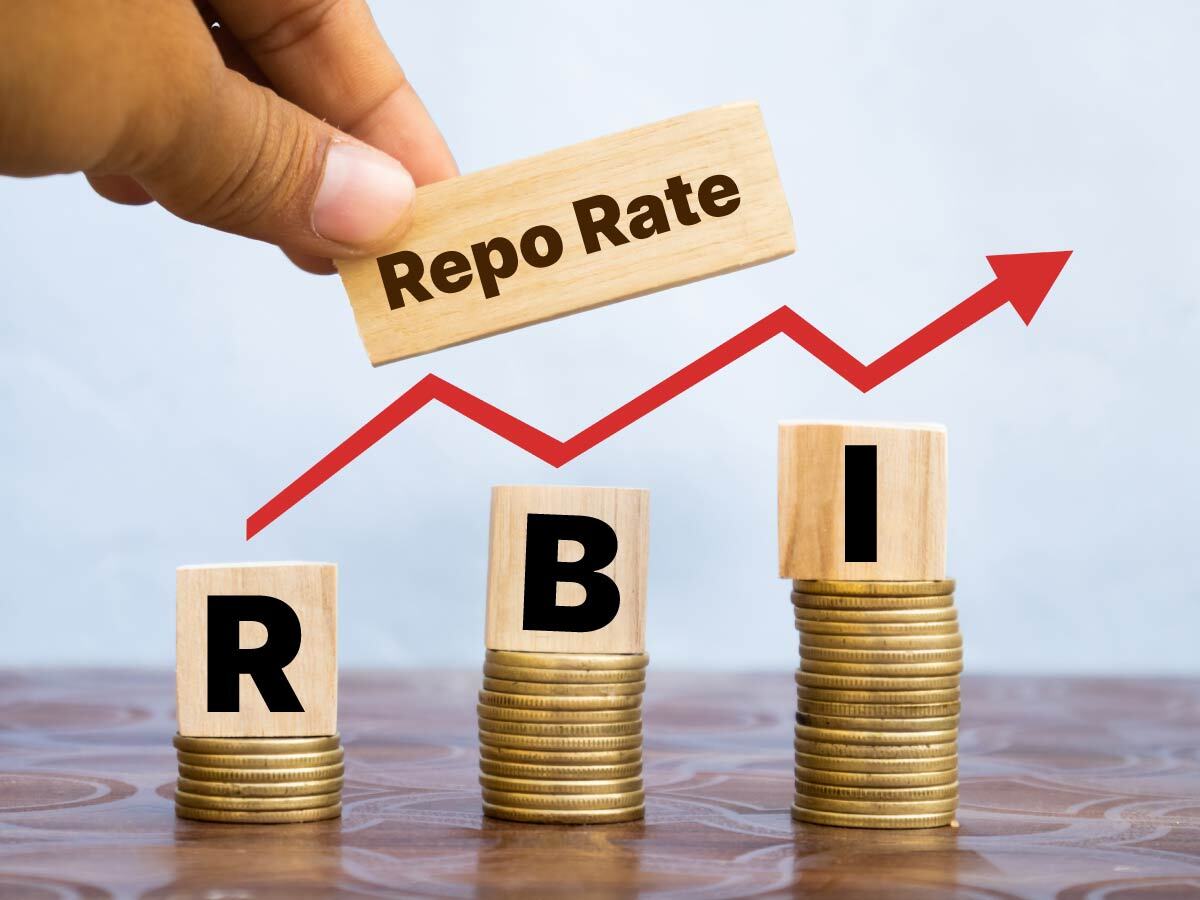Repo rate is the interest rate charged by the RBI when banks borrow money from the RBI.
RBI has a target of keeping inflation within the range of 2 to 6% (This target has been given by the Government of India to the Monetary policy Committee); to maintain this, MPC (Monetary Policy Committee) reviews the economy every two months. This is called a bi-monthly monetary policy review.
What is MPC and what is does with respect to the Repo Rate
MPC or Monetary Policy Committee is a six member body including the RBI Governor. MPC takes decisions by majority. If there is a tie, the Governor will vote a second time to break the tie (Casting vote).
When the inflation is above 6%, MPC hikes the Repo rate making loans more costly and hence demand will come down eventually controlling the inflation and vice versa. (Ideal scenario). However, there are many factors apart from the inflation which guides MPC decisions.
Lowering the Repo rate
Low cost loans to customers
More demand for goods and services
Profit of companies will increase
Good for the equity market
To put it in a nutshell, low interest rate means higher return in the equity market and vice versa.

For education purpose only. The views are personal. The investments discussed or recommended in the market analysis, research reports, etc. may not be suitable for all investors. Investors must make their own investment decisions based on their specific investment objectives and financial position and only after consulting such independent advisors as may be necessary. We are not a registered financial advisor or research analyst.



2 Comments